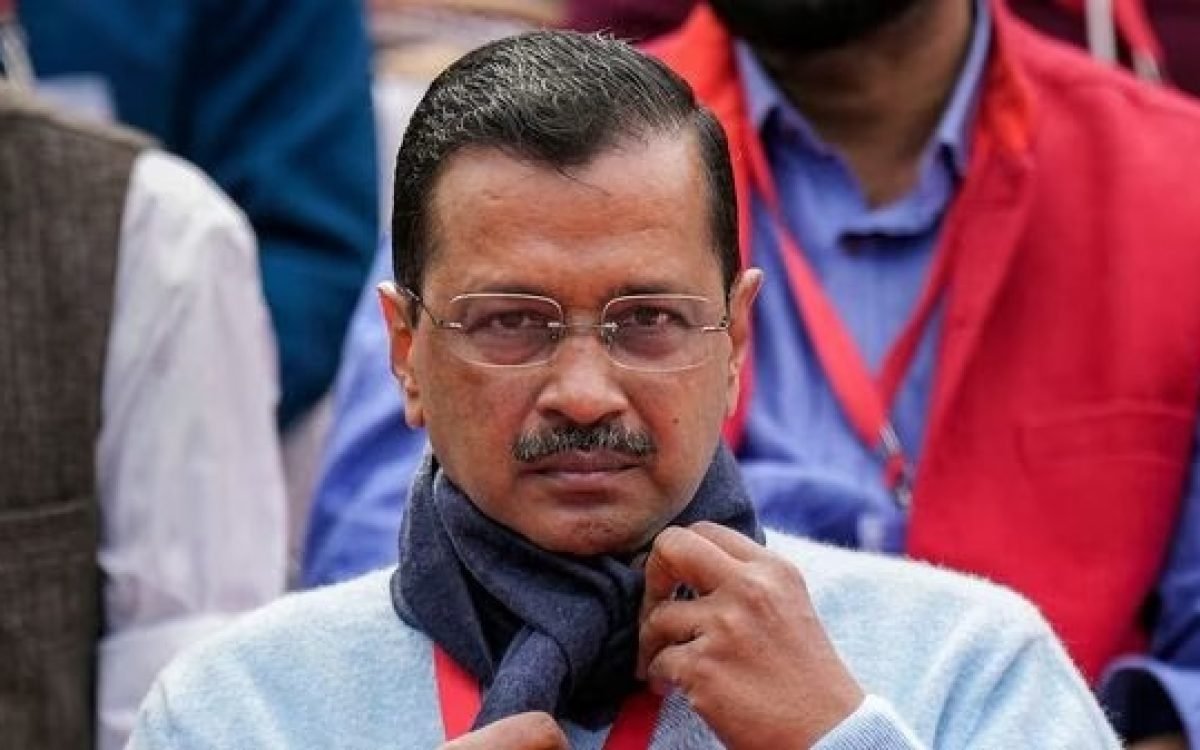From the March 21 arrest to subsequent judicial custody, the trajectory of Delhi Chief Minister Arvind Kejriwal’s legal entanglement with the Enforcement Directorate (ED) over allegations tied to the now-defunct Delhi Excise Policy 2021-22 has gripped the political landscape. The unfolding narrative underscores the gravity of the charges and the far-reaching implications for Delhi’s political sphere.
Kejriwal’s plunge into a 14-day judicial custody, following his arrest by the ED on March 21, signals a deepening legal quagmire. The agency’s allegations of non-cooperation during interrogation and assertions of Kejriwal’s perceived influence heighten the stakes, painting a portrait of a high-profile investigation with significant ramifications.
Amidst the legal proceedings, Kejriwal’s plea for specific accommodations in jail, including access to religious texts like the Bhagavad Gita and the Ramayana, as well as “How Prime Ministers Decide,” underscores the personal dimensions of his incarceration amidst the weight of the charges.
The revelation of WhatsApp chats between Kejriwal and key figures implicated in the case sheds light on the intricacies of the investigation. Allegations of frequent communication with Vijay Nair, the AAP’s communication in-charge, and the purported nexus with individuals involved in the liquor industry add layers of complexity to the unfolding narrative.
Furthermore, the ED’s assertion regarding Nair’s proximity to Kejriwal’s administrative apparatus, despite the Chief Minister’s denial of direct oversight, raises questions about accountability and transparency within the AAP hierarchy. The discrepancy between Kejriwal’s claims of ignorance and the alleged proximity of key aides to his office underscores the challenges of governance amidst allegations of impropriety.
As the legal proceedings evolve, Kejriwal’s judicial custody serves as a microcosm of broader issues surrounding accountability, political integrity, and the intersection of power and governance. The outcome of this case will not only determine the fate of a prominent political figure but also shape public perception of ethical conduct in public office.
In conclusion, from the March 21 arrest to subsequent judicial custody, the Arvind Kejriwal money laundering saga unfolds against a backdrop of legal complexity and political intrigue, shaping the trajectory of Delhi’s political landscape for the foreseeable future.









